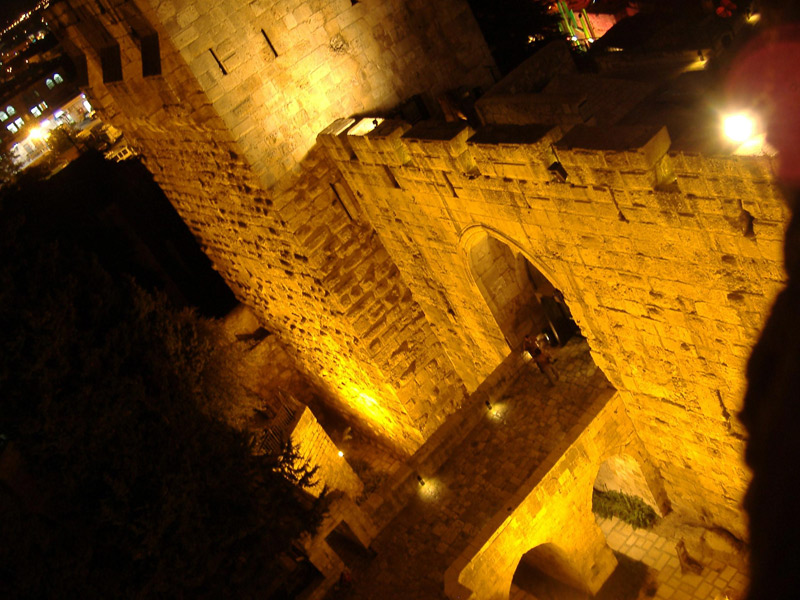I have always been intrigued by the dramatic meeting of the two leaders of Israel, Judah and Joseph, that takes place at the beginning of our parashah. The Torah states, “Then Judah approached him [Joseph]” (Genesis 44:18). This historic event foreshadows the future Messianic era, when the Jewish People will be led first by Mashiach, the son of Joseph, and then by Mashiach, the son of David (Judah’s descendant).
This week’s Haftarah also forecasts this future event. The Jewish People are described as being in a state of physical and spiritual exile, but eventually will be wholly redeemed. “Behold, I will take the stick of Joseph, which is in the hand of Ephraim and the tribes of Israel his companions, and I will place them with him with the stick of Judah, and I will make them into one stick. … I will take the children of Israel from among the nations where they have gone, and I will gather them from every side, and I will bring them to their land. … And they shall no longer defile themselves with their idols, with their detestable things, or with all their transgressions. … And My servant David shall be king over them, and one shepherd shall be for them all, and they shall walk in My ordinances and observe My statutes and perform them” (Ezekiel 37:19-24).
Our current exile is referred to as “Esau’s Exile.” Esau and his anti-spiritual cohorts seek to impress on us that our existence is entirely superficial and sensual, that life is nothing more that a series of randomly unfolding events. Accordingly, our purpose is to grab hold of whatever temporary pleasure we can. This attitude buries us by distancing us from God and any kind of deeper meaning. Ours is a habitual, meaningless existence – aka true exile!
The origins of exile and redemption can be traced back to Jacob. The Midrash states, “Jacob saw all the chieftains of Esau and wondered, ‘Who can capture all of them?’ It is therefore written, ‘These are the offspring of Jacob – Joseph’ (Genesis 37:2). As it is written, ‘The house of Jacob shall be fire, and house of Joseph a flame, and the house of Esau straw (Ovadiah 1:18). A spark goes forth from Joseph that destroys and consumes all of them.”
Joseph is the dormant Jewish spark residing quietly within each of us. It was Pharaoh who said about him, “Can you find one like this in whom there is such a spirit?” When this Jewish spark is ignited, a tremendous spiritual fire bursts forth. The warmth of these flames invigorates our lives with joy and meaning. Their light engulfs and dispels the darkness and sadness that surround us, so that no external barrier can stand in our way. This potential lies within us, but how do we access it?
This spark ignites each time Judah approaches Joseph and their awesome spiritual powers are consolidated. After Judah’s birth, his mother Leah declared, “This time, I will thank God” (Genesis 29:35). Judah symbolizes our ability to recognize God and express thankfulness to Him. Only by proclaiming our gratitude and appreciation for God’s faithfulness can we access our flaming, hidden spirit.
Judah therefore said to Joseph, “Let your servant say something into my master’s ears, and let not your wrath be kindled against your servant” (ibid. 44:18). Our ears are the pathways to our heart. By verbalizing before God our awareness of His being connected to our every thought and breath, we can melt the bitterness of the anger that covers over our hearts and lives.
God’s goodness permeates every aspect of creation and our every experience. When we look for God’s kindness even in the bleakest of times, and thank Him for it, we unite Judah with Joseph and are worthy of great redemption even in the thick of exile. Amen!
Based on Likutey Halakhot, Birkat Hoda’ah 6

